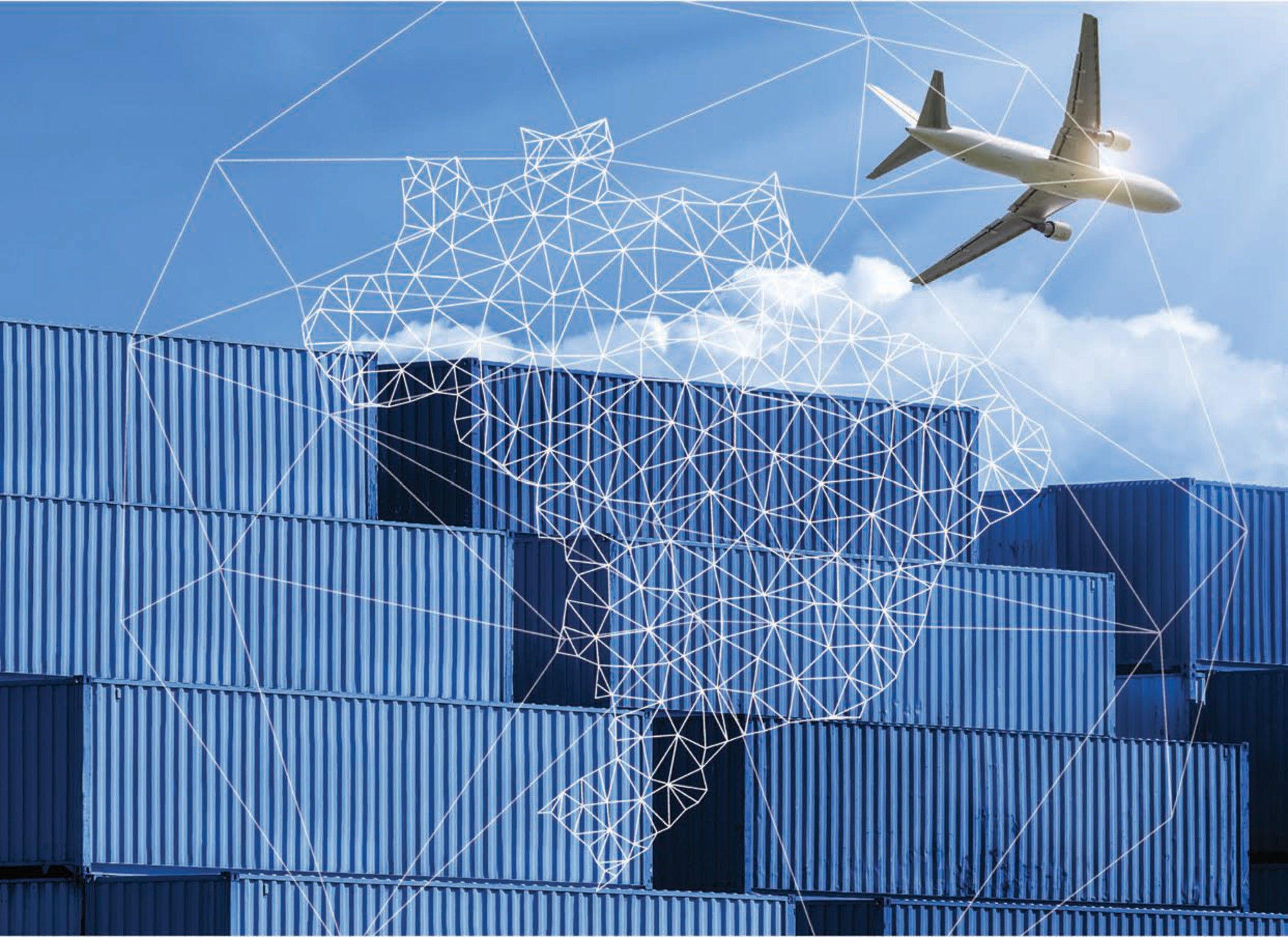This review examines the impact of regulation on competition in the Brazilian civil-aviation and ports sectors, which together accounted for almost 1.6% of the country’s pre‑pandemic GDP. The assessment was conducted in co‑operation with Brazilian competition authority CADE and in close consultation with relevant Brazilian authorities and local stakeholders.
The Brazilian civil-aviation sector is the largest air-transportation market in Latin America and the tenth largest in the world in terms of passenger numbers. It plays a major role in the economic development of Brazil, as well as in national integration, given the large geographic size of the country. The sector was highly affected by the COVID‑19 crisis, with air-passenger numbers dropping by 56% in 2020, and the employee numbers in the civil-aviation industry decreasing by 20% in comparison with 2019.
Similarly, port infrastructure is a key element of Brazil’s economic development, as it facilitates domestic and international trade in goods. In 2021, exports and imports by water transportation accounted for more than 98% of Brazilian exports and more than 92% of imports in terms of volume. Furthermore, in 2020, Brazil represented around 7% of the global volume of loaded goods and nearly 4% of the global volume of unloaded goods in maritime trade. Compared to civil aviation, the effects of the COVID‑19 pandemic on the port sector were relatively less pronounced. In 2020, the total cargo handled in Brazilian ports increased by 5% in comparison with 2019.
This report identifies aspects of the national regulatory environment that may be hindering the competitive and efficient functioning of these two vital sectors. By applying the OECD Competition Assessment Toolkit’s established methodology, it reviews 230 pieces of legislation and identifies 368 barriers where changes could be made to mitigate harm and foster greater competition in these sectors. The OECD has also estimated the benefits of the implementation of certain key recommendations and found that it could lead to benefits of around BRL 1 billion a year for the Brazilian economy. Reducing regulatory barriers to competition and market entry fosters innovation, efficiency and productivity, even beyond the sector in which it is applied. Enhanced competition also leads to more firms and professionals entering the market, which supports more investments and ultimately, job creation. Putting in place a pro-competitive regulatory framework that helps businesses avoid unnecessary costs and enables flexibility will be crucial during the post-pandemic period to aid a sustainable recovery.
This report adds to Brazil’s continuous efforts to strengthen its competition policy. The country has been an active member of the OECD Competition Committee for more than 20 years and is currently in the process of becoming a full OECD Member Country. Other initiatives have included the report on Fighting Bid-Rigging in Brazil: A Review of Federal Public Procurement (2021) and the OECD Peer Review on Competition Law and Policy that enabled the country to become an associate member on the OECD Competition Committee (2019).
